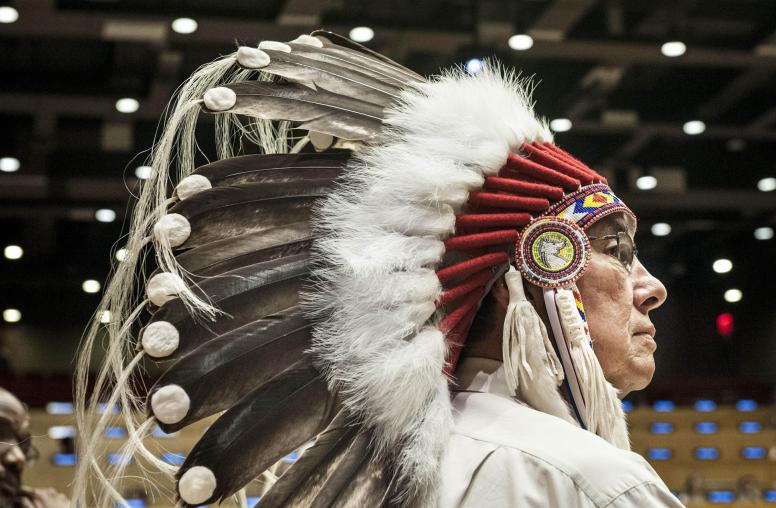Averting Hell on Earth: Religion and the Prevention of Genocide
This report reflects on historic examples of the role of religious resources in supporting and mitigating the outbreak of genocide and mass atrocity. The main recommendations outline ways to counteract the use of religion to incite mass violence and to engage with religious communities in genocide prevention.
Summary
- History demonstrates that religion has often been a destructive social • and political force propelling genocide and mass atrocity. Religion has been exploited by perpetrators of violence to legitimate and carry out pogroms and has been used to define stark communal boundaries.
- Although religion has often played a destructive role in episodes of genocide and mass atrocity, religious communities and figures have also served in key opposition roles. For example, religious leaders have sought to rally religious opposition to violence from the pulpit and have protected vulnerable people by offering sanctuary in houses of worship.
- International organizations, governments, and NGOs interested in preventing the outbreak of genocide and mass atrocity should monitor and engage with the religious sector to identify religious narratives and activities that might portend the emergence of mass violence or genocide.
- Those seeking to prevent genocide must also learn how to leverage the inherent power of the religious realm to forestall the emergence of mass violence. Some means to this end include partnering with religious institutions, organizations, and communities to strengthen religious commitment to pro-social norms; offering religious challenges to the moral legitimation of violence; and marshaling religious resources to assist in early warning and response systems.
About the Report
This report reflects on historic examples of the role of religious resources in supporting and mitigating the outbreak of genocide and mass atrocity. The main recommendations outline ways to counteract the use of religion to incite mass violence and to engage with religious communities in genocide prevention.
The findings in the report are drawn from a symposium held by the United States Institute of Peace’s Religion and Peacemaking program in April 2008. This symposium, which brought together leading experts in the field, contributed to the work of the Genocide Prevention Task Force. Susan Hayward is a senior program officer in the Religion and Peacemaking program, which seeks to strengthen and support the unique role of religious communities in zones of conflict to engage in peacemaking.



